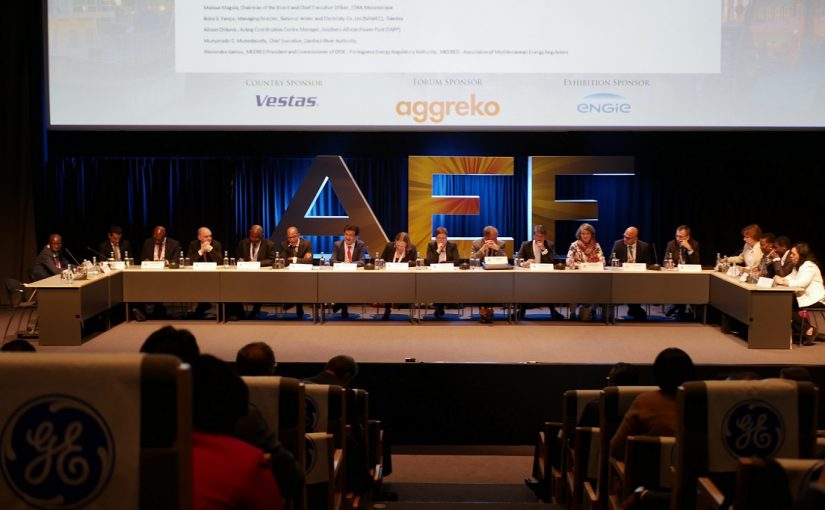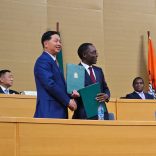Zambia plans 60,000 barrels per day oil refinery in copperbelt
Southern Africa’s solar ambitions: Renewable projects on the rise

Photo: Supplied
With the election of Cyril Ramaphosa as President of South Africa in February, the nation’s energy strategy rapidly changed direction. In less than one month, Ramaphosa’s government announced their intention to sign agreements for 27 Renewable Energy Independent Power Producer Projects (REIPPPs), with the final signing taking place on 4th April 2018. According to South Africa’s Minister of Energy Jeff Radebe, the REIPPPs are expected to add 2.3 gigawatts of capacity to the nation’s energy grid, create more than 60,000 full-time jobs and lead to $4.75 billion in investment.
The new REIPPPs are comprised largely of solar and wind projects, and they are expected to begin contributing to the energy grid by 2020. As Ramaphosa revives renewable energy efforts in South Africa, he joins other nations in the region in focusing on solar projects. According to the World Bank’s Sustainable Energy for All database, many Southern African nations continue to suffer from lack of access to electricity. In Mozambique, only 21% of the population had reliable access to electricity; in Madagascar, the number was even lower at 17%.
New investments in renewable energy have the potential to boost national energy grids and vastly expand access to reliable electricity. Over the next decade, in partnerships with international organisations and private investors, Southern African countries will spend millions to upgrade their solar capabilities and bring electricity to larger and larger swaths of their populations.
Mozambique: In November, Mozambican entrepreneur Marlon Dos Santos was named the first winner of Phanes Group’s Solar Incubator Programme. Dos Santos will have the opportunity to develop his 50MW Kitaka solar project with Phanes Group, including a two-month blended mentorship programme and the necessary funding to bring the project to financial close.
Madagascar: After announcing their intention to build a 25MW photovoltaic (PV) park near the nation’s capital, Madagascar recently identified six candidates to bid on the project. As part of the World Bank Group’s Scaling Solar programme, the PV park will be constructed near the capital city of Antananarivo. Madagascar intends to deliver reliable electricity to 70% of households by 2030.
Botswana: The government of Botswana recently released a new energy policy emphasising the importance of renewable resources as they aim to expand beyond coal. The Botswana Power Corporation is expected to release a short list of candidates to implement a 100MW utility-scale solar project, having solicited expressions of interest in early 2017. The new solar installation would provide reliable electricity to some of the 40% of citizens currently without power.
Namibia: In June 2017, Namibia successfully launched a new solar power plant in Karibib, adding five megawatts to the nation’s energy grid. Aiming to reduce the nation’s reliance on electricity imports from the Southern African Power Pool, the Karibib project is able to deliver electricity to 3,800 households.
Mauritius: Of the Southern African nations on this list, Mauritius maintains the most robust energy infrastructure; 99% of its residents have access to reliable electricity. However, the island nation is proactive with regard to reducing the cost of energy to its low-income residents, and the government recently obtained a loan to install solar panels on 10,000 rooftops throughout the country. The project is estimated to provide 10MW of energy to the national grid while lowering energy costs for 35,000 residents.
Potential Beyond Solar Projects
While South Africa and neighbouring countries have devoted a large amount of investment towards solar development, the region’s natural resources also offer potential for bolstering the energy grid. According to the Global Wind Energy Council, current potential hydro resources in Southern Africa amount to roughly 41,000MW. Biomass-generated electricity could potentially contribute an additional 9,500MW. With the right technology and support, these renewable resources could bring electricity to millions throughout Southern Africa.












Leave a Reply
Be the First to Comment!
You must be logged in to post a comment.
You must be logged in to post a comment.